Course aims
This course provides you with a broad range of textile and fashion skills, techniques and processes. You will be introduced to a variety of traditional and contemporary artists and designers to contextualise your studies, developing personal ideas for textile-based outcomes, including fashion design, costume design, interior design, fine art or craft textiles.
Entry requirements
GCSE grade 5 in an art/design based subject or a strong collection of work/images reviewed by a member of the arts team along with an interview.
Course content
Learners can work with various textile techniques such as:
- Printing and dyeing
- Hand-stitch
- Machine stitch
- Knitting and crochet
- Weaving
- Fashion construction
- Appliqué
- Embellishment
Year One
A skill-building year where learners will have the opportunity to explore new materials and processes through project work. These skills will provide learners with a strong basis to build on in the second year.
Year Two
Component 1 – Personal investigation 60%
This component is a practical project accompanied by a written element in which candidates develop a personal investigation based on an idea, issue, concept or theme leading to a finished piece or pieces of practical work. Learners pick an individual theme or idea and produce a range of textiles work based on this, demonstrating their critical thinking skills and ability to research in depth.
Accompanying text supports the practical work and explains the learners thought processes which must be no less than 1,000 words and no more than 3,000.
Component 2: Externally-set assignment 40%
Learners are provided with eight topics/questions from which they choose one to study. The summative exam is 15 hours long and learners are expected to create a clearly defined collection of work that makes up a whole, leading to a finished piece or pieces.
Course assessment
You will be assessed by coursework, practical projects and practical exams.
Materials
Some specialist materials will be supplied by Dudley Sixth, but some fabrics and textile materials may need to be provided by the learner.
Progress
Higher Education: BA Hons at university, or employment in textile design, manufacturing or fashion, freelance work and self-employment. It is also possible to progress onto the one-year UAL Art Foundation year at Dudley College.
Textiles can be studied with any subject at A Level. Due to its creative nature, practical experience and critical thinking, textiles can contribute to any subject combination opening up a wider range of HE and career progression routes.

